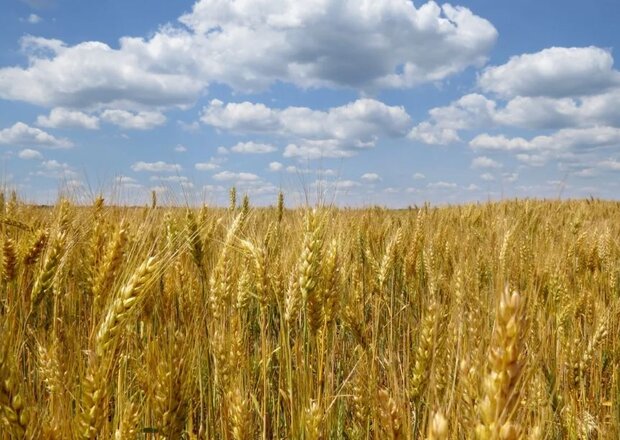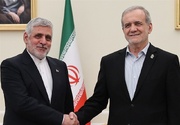"At least 50 countries are critically dependent on our grain, including the poorest countries in Africa. Given the huge harvest in the country, Russia is ready to completely replace Ukrainian grain on the world market. Our export potential in the current season is estimated at more than 50 million tonnes," Kosachev said on Telegram following Moscow’s decision to suspend its participation in the Black Sea Grain Initiative.
According to the senior lawmaker, outside of the Istanbul grain deal, about 10.5 million tonnes of Russian grain has already been sent to countries in Asia and Africa, Sputnik reported.
On Saturday, the Russian Defense Ministry said that Russia was suspending its participation in the grain deal following Ukraine’s drone attack targeting vessels of the Russian Black Sea Fleet in Sevastopol. The ministry said that preparation for the morning drone attack on Sevastopol was carried out under the guidance of UK specialists in the city of Ochakov.
US Secretary of State Antony Blinken said on Saturday that Washington was urging Russia to resume its participation in the grain initiative. Blinken accused Moscow of "weaponizing food" and said that Russia's withdrawal from the Istanbul deal was "directly impacting low- and middle-income countries and global food prices."
Russian Ambassador to the United States Anatoly Antonov commented on Blinken’s remarks saying that Kyiv’s reckless action was to blame for Russia’s withdrawal from the grain deal. Antonov emphasized that Russia cannot continue its participation in the grain initiative amid serious security concerns.
"In suspending the implementation of the deal, it is unfair to condemn Russia. This happened because of the reckless actions of the Ukrainian authorities. As for the insinuations about ‘provoking’ hunger, we would like to recall our repeated calls to send food cargo, first of all, to countries in need. However, instead, a good half of all dry cargo ships under the ‘grain scheme’ went to developed countries," Antonov said.
According to the Russian ambassador, Somalia, Ethiopia, Yemen, Sudan and Afghanistan received only about 3% of agricultural products as part of the grain initiative.
ZZ/PR

























Your Comment